Insulating your home is an important step in maximizing energy efficiency and keeping your home comfortable. As such, it is a great investment that can boost your home’s value and make it a cozier place to live.
Come snow, sleet, rain, or tropical storms, good high-performance insulation will keep your home’s temperature comfy and will also keep out contaminants that could ruin your interior air quality. There are lots of different insulators out there, but spray foam is one of the most popular for a number of reasons.
As a multi-purpose insulator, foam sealant provides your home with an airtight seal and is one of the best insulation materials for increasing your home’s energy efficiency. Whether you’re doing a home retrofit or building a new abode from the ground up, you should consider expanding foam insulation. Of course, you might have some important questions, and wonder about the pros and cons, and those are also worth looking into.
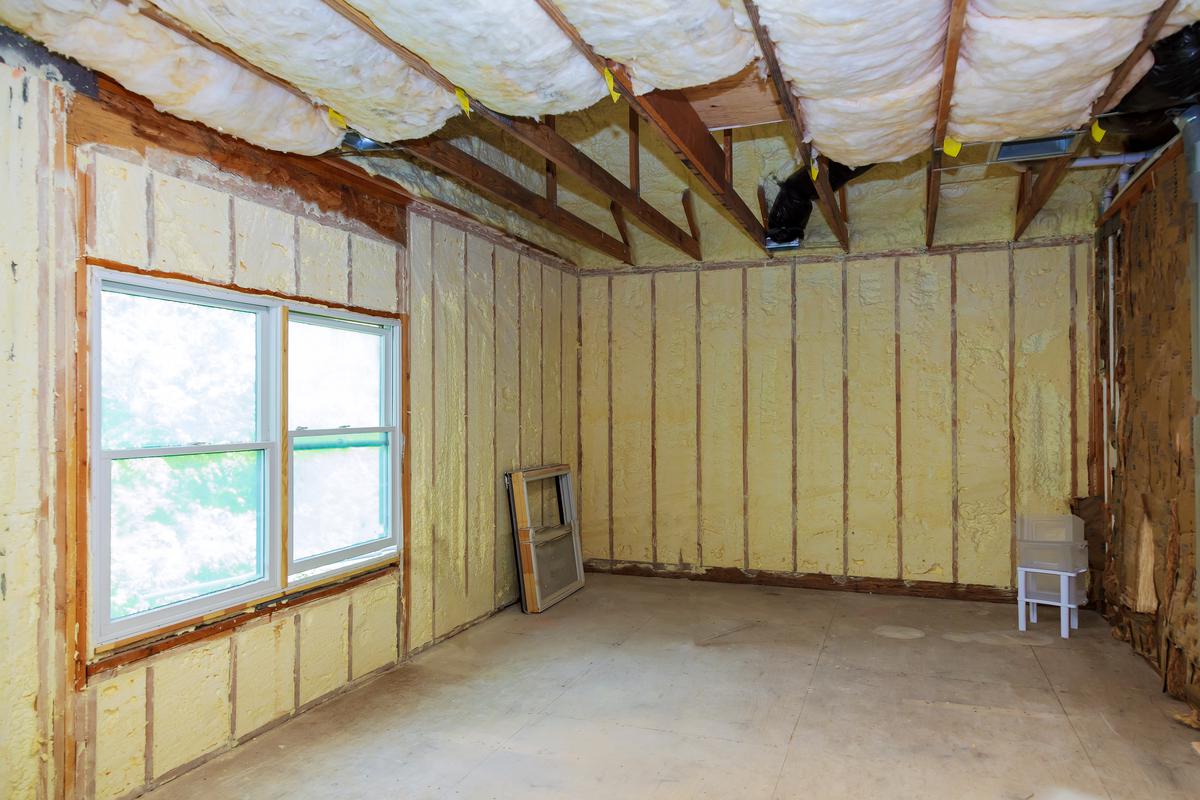

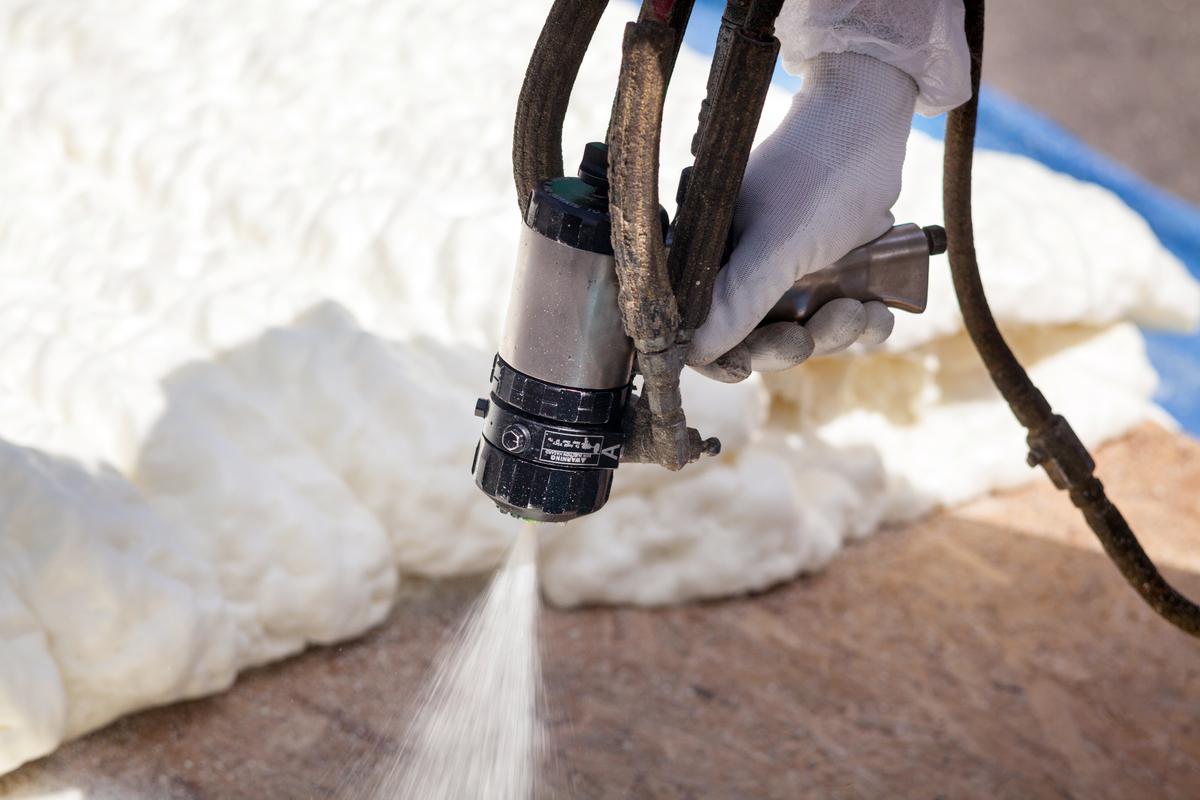


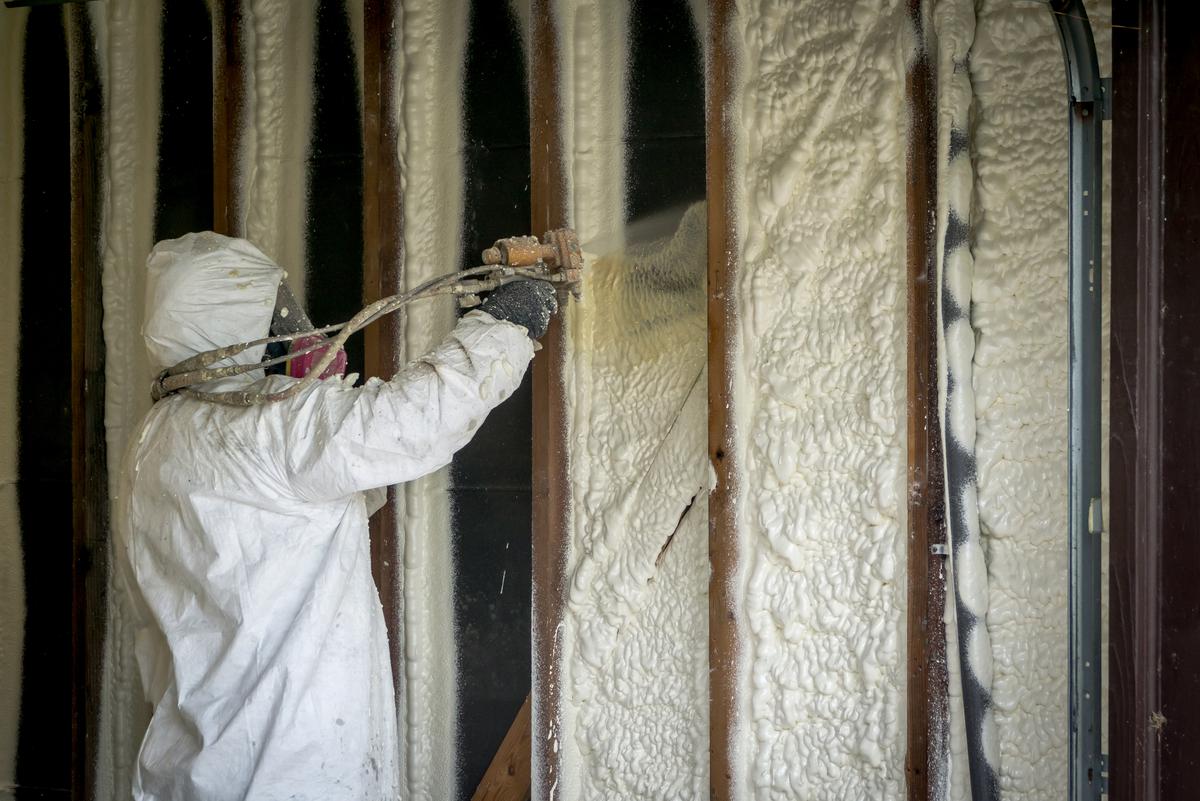

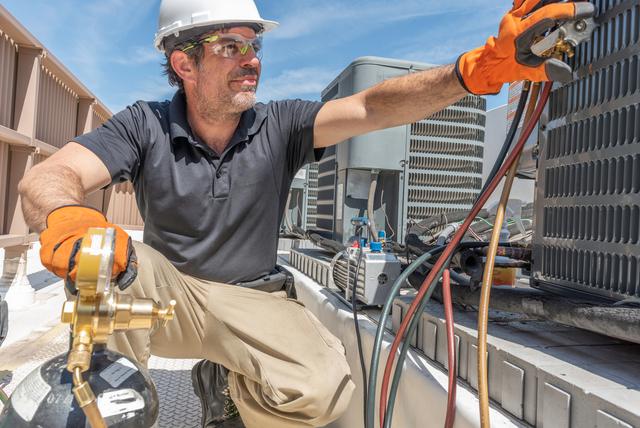
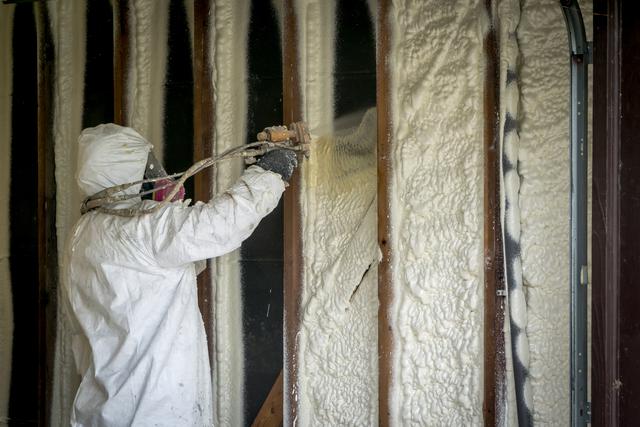
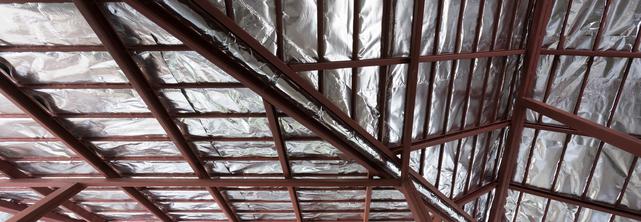
comments